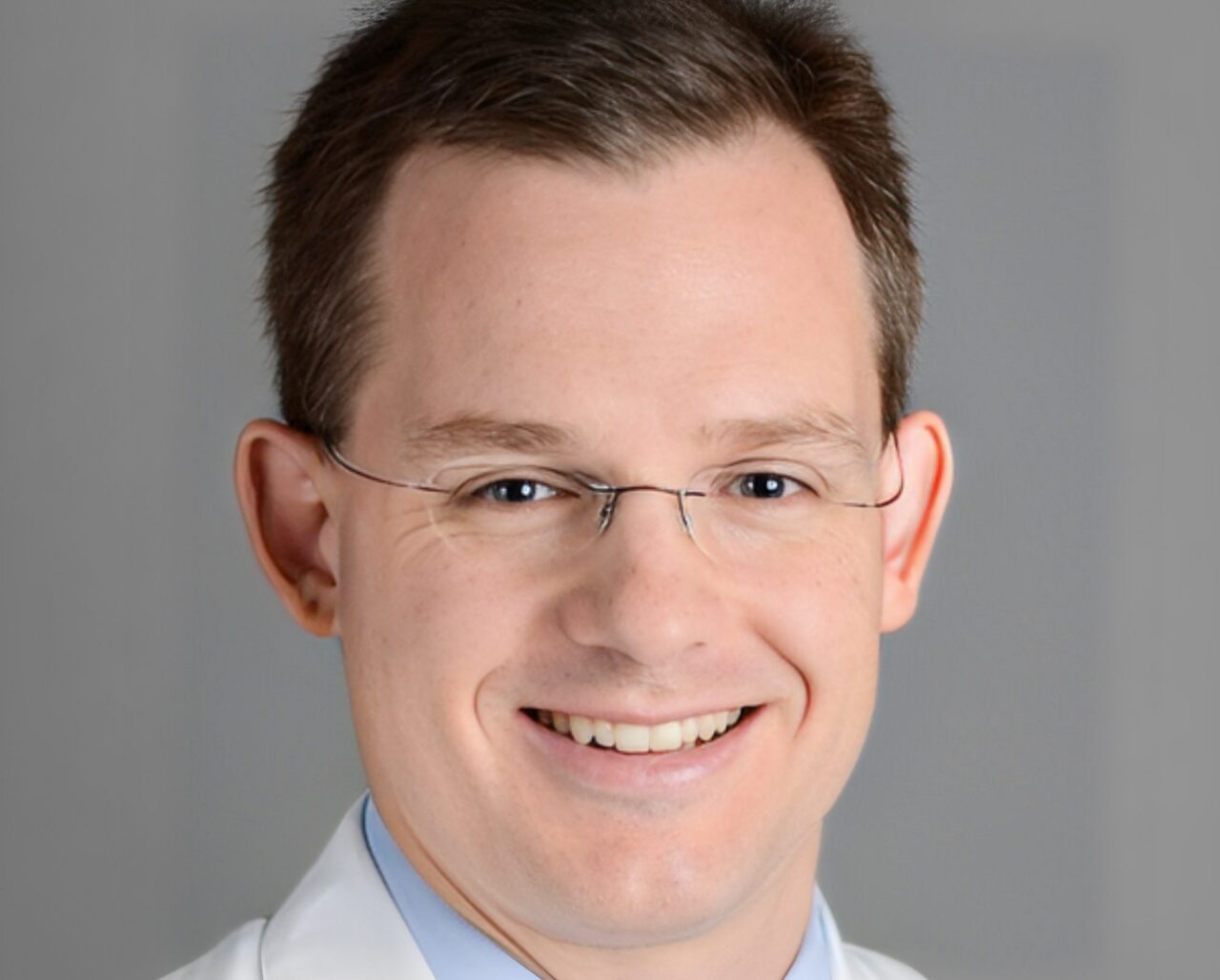Earle Burgess,
“Why don’t all advanced prostate cancer patients with pathogenic homologous recombination repair (HRR) gene mutations respond to parp inhibitors?
Probably because the presence of HRR gene mutations does not always correlate with what is necessary for sensitivity to parp inhibitors = functional homologous recombination deficiency (HRD) in tumor cells.
Why do I say that?
Because that is what we found when our group looked at a large cohort of prostate cancer patients in collaboration with our colleagues at Tempus AI
Kudos to Landon Brown, Jason Zhu and the Tempus AI team who did the heavy lifting for this project!
This is a really exciting paper. (I’m biased, I know.)
It suggests a functional assay of HRD may be a better biomarker to identify the prostate cancer patients who are most likely to respond to parp inhibitors than what we currently use in clinical practice (presence of HRR gene mutation).
Next step: design a clinical trial to test these findings!
Thank you Elizabeth Mauer, Stephanie Thiede, Lisa Macera, Michelle Stein, Timothy J. Taxter, M.D. at Tempus AI for a great collaboration!”
For the article click here.
Source: Earle Burgess/LinkedIn


